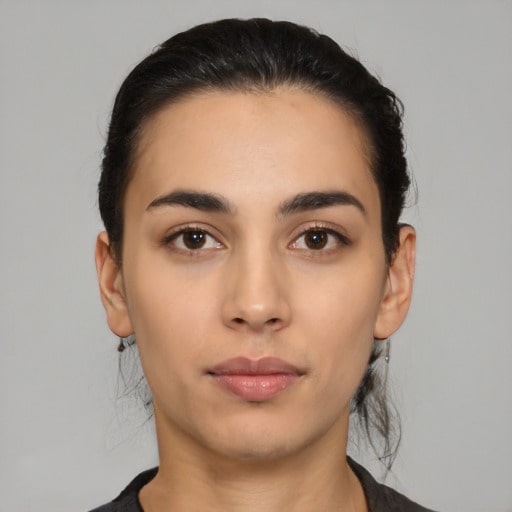After threatening to block the Meta-owned social media platform, Russia blocks Instagram on Monday cutting millions of users from access in the country.
After Roskomnadzor announced that the Russian government would restrict the social media app after a 48-hour transition period, Adam Mosseri, the head of Instagram, condemned the Russian government’s decision to block the platform, saying it would affect more than 80 million people in Russia who use Instagram.
On Monday, Instagram will be blocked in Russia. This decision will cut 80 million in Russia off from one another, and from the rest of the world as ~80% of people in Russia follow an Instagram account outside their country. This is wrong.
— Adam Mosseri (@mosseri) March 11, 2022
Instagram is very popular within Russia, and according to Sensor Tower, it is the second most popular social media app in the country, with WhatsApp on the first number. Since 2014, Instagram has had over 165 million installs across Russian Google Play Store and App Store, making it more popular than Facebook.
Instagram’s ban came just a few days after a collective boycott of Amazon, WarnerMedia, Discovery, and Netflix in Russia.
Roskomnadroz accused Meta of propaganda against Russians and wrote:
“As you know, on March 11, Meta Platforms Inc. made an unprecedented decision by allowing the posting of information containing calls for violence against Russian citizens on its social networks Facebook and Instagram.”
Russia’s Investigative Committee said that they have initiated a criminal case against Meta “in connection with illegal calls for murder and violence against citizens of Russian Federation by employees of the American company Meta.” The committee responds directly to President Vladimir Putin, and it is not sure what the consequences of the criminal cast would be.
Last week it was reported by Reuters that Meta made temporary changes in their content policies for Ukraine so users can voice their opinions against the Russian attack. The company said they would even allow posts with content like “death to the Russian invaders.”
Nick Clegg, the President of Meta Global Affairs, said that the change in the content policy is only temporary and is for “protecting people’s rights to speech as an expression of self-defence in reaction to a military invasion of their country.”
““The fact is, if we applied our standard content policies without any adjustments we would now be removing content from ordinary Ukrainians expressing their resistance and fury at the invading military forces, which would rightly be viewed as unacceptable. To be clear, we are only going to apply this policy in Ukraine itself. We have no quarell with the Russian people,” wrote Clegg.
According to Reuters, the temporary content policy change has applied to various markets, including Armenia, Georgia, Russia, Latvia, Azerbaijan, Romain, Hungary, Estonia, Lituania, Poland, Ukraine, and Slovakia.
The social media company has also allowed posts that include content like the death of Putin or President Alexander Lukashenko of Belarus.
“We hope it is not true because if it is true then it will mean that there will have to be the most deicisive measures to end the activities of this company,” said Dmitry Peskov, Kremlin spokesperson.
The Investigative Committee said that Meta’s change in content policies could have severe consequences. The State Prosecutor’s Office said that such actions “not only form an idea that terrorist activity is permissible, but are aimed at inciting hatred and enmity towards the citizens of the Russian Federation.”
Upon such allegations, the court has recognized Meta as an “extremist organization” and has been blocked in Russia. Facebook has also been banned, but WhatsApp remains operational in the country.
While the Russian government has banned Instagram and other international platforms, tech-savvy users can still find a way to access these blocked websites with VPNs, Tor, etc. With these tools, users in Russia can unblock Instagram.
After being banned in Russia, Twitter also launched its dedicated Tor version for users in the country. This way, Russians can unblock Twitter and still access the site despite blocks.
